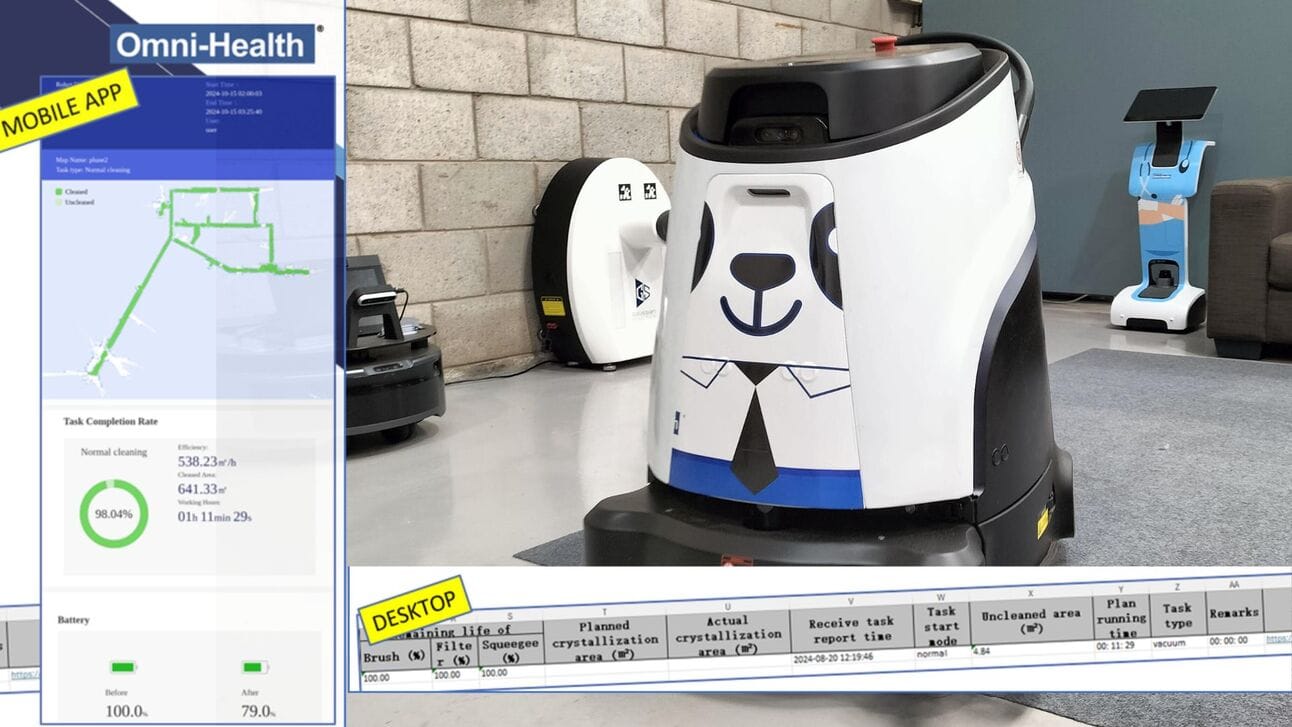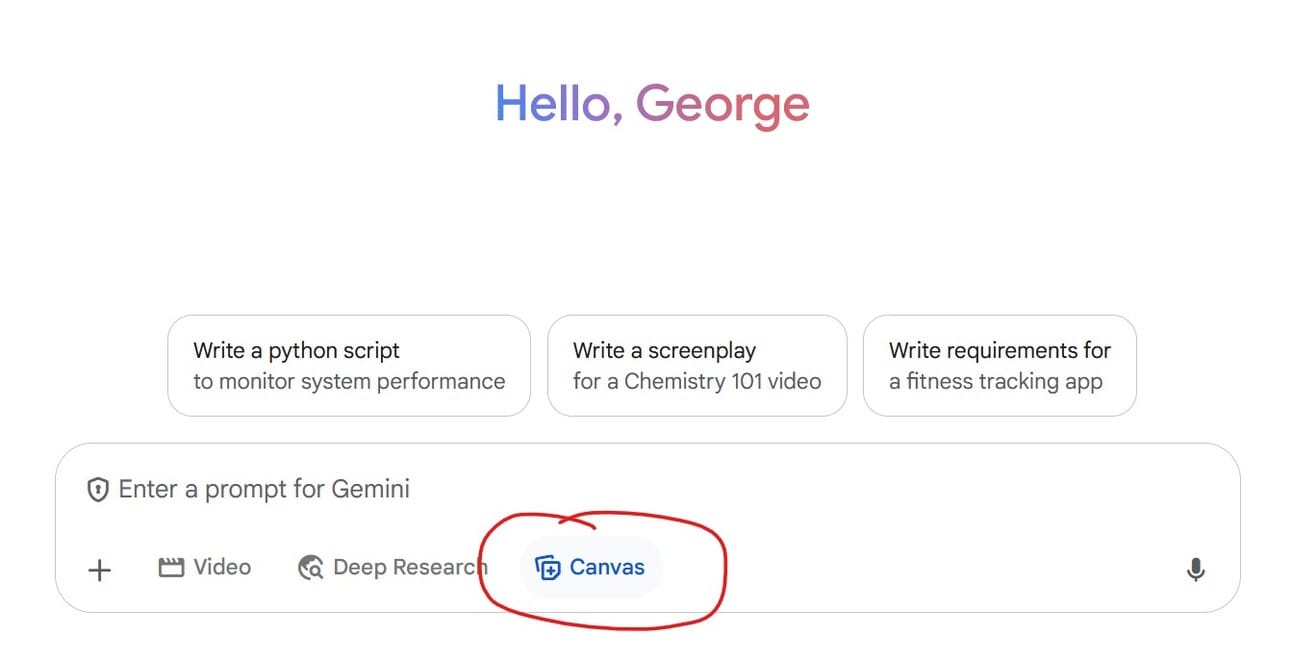- AgeFriendly.AI
- Posts
- 🧩 Build training quizzes with AI, plus your data to-do list
🧩 Build training quizzes with AI, plus your data to-do list
Good morning future-focused leaders.
Food for thought this week: A friend reminded me how AI is quietly changing the way we work. One shift we’ve noticed is how much clearer and more intentional we’ve had to become in the way we ask questions. LLMs like ChatGPT or Claude kinda “force” us to think carefully about what we’re asking and how we’re framing it. In that process, our questioning skills improve. At the same time, many of us are leaning on AI to organise our thoughts—often dropping in a rough idea and letting it do the structuring. That reliance comes with trade-offs, but it’s also enhancing how we approach problem-solving, facilitation, and dialogue. I don’t see it as better or worse—just a shift. As our tools change, so do our habits. Most people no longer drive stick. But, does it matter? (Thanks, Elena.)
By the way, a big thanks to the team at Meals on Wheels NSW for welcoming me at their regional conference last week!
What else we cover this week:
Gemini Canvas builds quizzes (and so much more) in minutes
Why clean data matters for AI success
Anglicare cuts turnover with AI-powered workforce tool
AI predicts frailty with 84% accuracy
Robot cleaners at Omnihealth create audit-ready data trails
And more...
LATEST DEVELOPMENTS
READY TO USE TODAY
🧩 Gemini Canvas allow you to “code” training quizzes, games and lots more
In brief: The new update to Gemini’s Canvas now supports interactive content creation. I used this reference document from Continence Health Australia and the prompt below, and I built a practical quiz on incontinence training for aged care staff in less than 3 minutes.
Prompt:
Create an interactive, graded training questionnaire on Continence Care for staff at ABC Aged Care, based on the attached document. The questionnaire should include:
20 multiple-choice questions (or other suitable question types, such as true/false or scenario-based), each designed to assess understanding of key principles and practices outlined in the document.
Each correct answer should be worth 1 point, with a total possible score of 20.
Ensure that the language is suitable for aged care support staff, using clear and practical wording.
Include answer keys with brief rationales for correct answers to support learning.
Structure the questionnaire so it can be used in an e-learning module.
You can access the quiz here for your reference.
The details:
Google’s Gemini Canvas now enables creation of web pages, infographics, quizzes, shareable apps, games, and more—all within a collaborative AI interface.
It’s a great tool for generating training quizzes from existing documents (or even create interactive fun games for residents).
The quiz format can include multiple choice questions, scenario-based decision-making, and instant feedback.
Tools also support visuals, narration, and gamified learning components.
The final product can be shared via link or embedded in internal training portals.
Why it matters: Gemini Canvas is a powerful example of how mainstream AI tools can be quickly repurposed for aged care settings without specialised technical knowledge.
THE FUTURE OF AGED CARE
📁 The importance of clean data - Why now is the time to act

In brief: AI is starting to show real promise in aged care—from automating admin to supporting decision-making—but it can only work with the data you already have. If that data is disorganised or outdated, the technology won’t deliver. As use cases of AI grow, so does the need for clean, accurate information. Now is the time to put basic data processes in place.
The details:
AI systems don’t “understand” your work—they respond based on what you feed them. If your documents are messy, out of date, or confusing, the results will be too.
Many aged care providers rely on shared drives filled with old forms, multiple versions of policies, and unclear notes. This gets in the way of both daily work and new tech.
As AI tools become more common, data quality moves from a “nice to have” to a business necessity.
A simple strategy to start today:
Choose one focus area – Pick something important and manageable, like incident reports.
Do a quick audit – Are the files recent? Are there duplicates? Do staff know which version to use?
Clean it up – Remove outdated versions, fix naming, and check key documents for clarity.
Set a simple rule – For example: “All new forms must include a date and version number.”
Involve your team – Ask frontline staff what documents they use most and what’s missing or confusing.
Store in one place – Use a shared folder (cloud or local) with clear structure and permissions.
Why it matters: The data you organise today is what AI will use tomorrow. Putting basic habits and processes in place now can save time, reduce errors, and make your organisation ready for the next generation of digital tools as they become available.
(BTW, in an earlier newsletter I presented the book Why Data Science Projects Fail, by Evan Shellshear and Douglas Gray. The authors highlight the top culprits: poor strategic alignment, limited resources, and low-quality data. They stress the importance of building “analytical maturity” and use relatable case studies to show how organisations can avoid these pitfalls. In my opinion, a must-read for any aged care team planning to adopt AI tools.)
QUICK HITS
🧠 Anglicare reduces staff turnover with AI tool – Anglicare has reduced workforce turnover from 30% to 14% by implementing an AI platform. The system provides staff with mobile access to payroll, rosters, and shift planning. According to the provider, the technology helped address operational challenges during recent workforce reforms.
🎓 A skills pathway worth knowing: Google Career Certificates – This program by Google offers free or low-cost, skills-based training for in-demand fields like cybersecurity, data analytics, and AI. If you wish to upskill your team, or are rethinking your own path, this is a resource worth exploring.
🧪 AI predicts cognitive frailty with 84% accuracy – A study involving over 2,400 Korean adults aged 70–84 found that a machine learning model could identify cognitive frailty—a mix of physical frailty and cognitive decline—with high precision. The tool used six key indicators, including the Timed Up and Go test, to support early intervention and potentially reverse decline.
📘 Glossary: understand what AI terms mean – AI is full of technical jargon that can be confusing for those of us who are not tech experts. To help readers follow along, this glossary breaks down key terms and phrases used in AI reporting—no background in computer science required.
💻 Training opportunity: Microsoft 365 Copilot for Nonprofits – For those using Microsoft products, there's an upcoming session this Thursday introducing Copilot AI features for fundraising, service delivery, and leadership roles. It includes demos, prompting guidance, and Q&A. A Copilot license is needed to follow along with the hands-on parts, but the session is open to all.
COMMUNITY
🚀 A visit to Omnihealth - Robots for clean floors (and data trails)
This week I was invited to OmniHealth, where Ross Dellow walked me through some of the robotic systems they’re using in aged care. I particularly liked the cleaning robot, not because of the hardware itself (cleaning robots exist in our homes already), but because of the reporting it generates.
Their cleaning robot logs every detail of its activity: floor coverage, battery levels, run time, and maintenance indicators. It creates a digital record that could easily become part of an audit process. In practical terms, this means aged care providers wouldn’t have to rely solely on manual checklists or staff memory to demonstrate cleaning compliance. There’s a video on Ross’s LinkedIn here with the robot at work at Lutheran Homes Barossa, in SA.
Ross also walked me through several other robotic systems designed for care environments—automated transport for linen, consumables, and meals. These systems are more complex to roll out, but there’s a clear logic in starting small with basic logistics and expanding gradually. (Also for new-build homes, I feel there's a real opportunity to factor these technologies in from the design phase, rather than retrofitting later.)
Ross and I also spoke about the importance of co-design, making sure that new tools are introduced in ways that bring staff and residents along with them. (On this note, stay tuned—there’s more to come soon around co-design and technology in aged care on this newsletter).

I'm not here to hype AI. I'm here to help you understand it, use it, and learn as it evolves. Whether you're testing a new tool, using it to lighten your workload, or keeping pace with the changes, I hope you found something here worth your time.
Feel free to forward this to your network or share it with your team.
See you next Tuesday,
George

I'd love to hear your thoughts—feel free to connect with me on LinkedIn or check out my website to learn more about my work.

